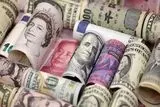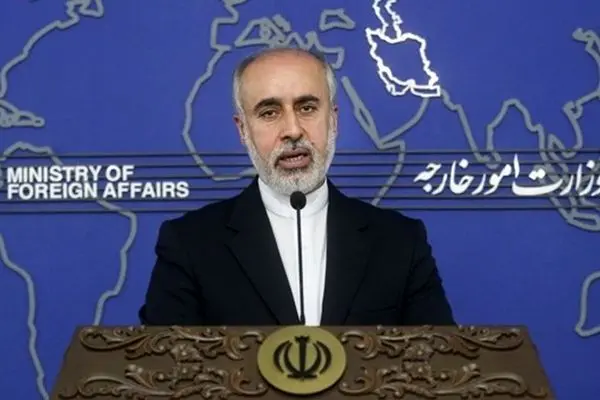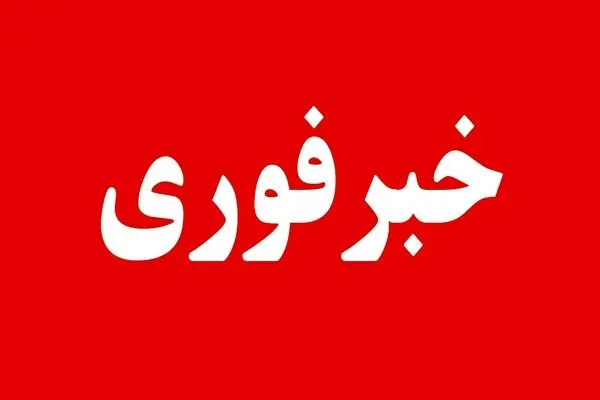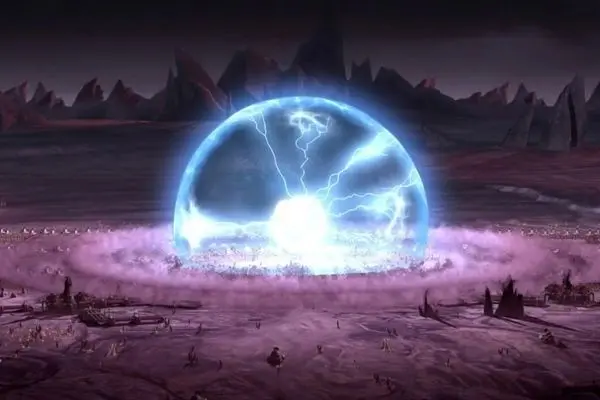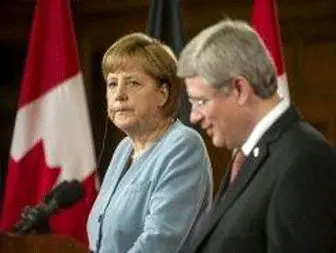
"Once I go back to Germany, I will see to it that these negotiations come to a speedy conclusion because... Canada and Germany are convinced free trade is one of the best engines of growth that we can have," Merkel said in Ottawa.
Merkel on her first - ever bilateral visit to Canada, shadowed by eurozone debt woes, discussed trade and security with her Canadian host Prime Minister Stephen Harper.
Canada and Germany hope to grow bilateral trade directly and through the Canada - European Comprehensive Economic and Trade Agreement scheduled to be finalized by year ' s end, setting " a high standard for agreements between major economies going forward, but to also provide a signal to the global economy that major developed countries are able to move forward on the trade agenda, " said Harper.
But there are stumbling blocks in the talks involving intellectual property, public procurement and aspects of the services sector.
A deal with the ۲۷ - nation European Union would be Canada ' s second - largest free trade pact after the ۱۹۹۴ North American Free Trade Agreement with the United States and Mexico, and the first to include access to municipal procurements.
Canada ' s provinces and municipalities have expressed concerns about losing their ability to extend preferences to local suppliers.
Environmentalists, farmers, auto workers and others have also rallied against the deal.
Harper sought Merkel ' s support for the deal in exchange for backing Germany ' s calls for a broader EU political union alongside the current fiscal compact to address Europe ' s woes.
" We know in a common currency area there has to be more responsibility shared politically, " Merkel told a joint press conference, with Harper adding his support for " not just finding any solution, but finding good and sustainable solutions to these problems. "
" I have great confidence in the chancellor ' s leadership, " Harper said, holding firm however on Canada not contributing to a eurozone bailout fund.
While Germany has helped backstop struggling eurozone nations, Canada and the United States are the only G۸ members to not contribute to a bailout stash through the International Monetary Fund to help struggling Greece, Italy and Spain.
Merkel in Ottawa also echoed the president of the European Central Bank reaffirming, " What he said is something that we repeated time and again… that we feel committed to do everything we can in order to maintain the common currency. "
European Central Bank President Mario Draghi said in London last month that the ECB would take any steps within its mandate to preserve the common currency.
The chancellor ' s summer trip, meanwhile, has offered Germany an opportunity to tap into Canada ' s rich and widely - coveted natural resources. Several military and mining company executives joined Merkel and Harper for lunch Thursday before Merkel returned home, with a stopover in Halifax to chat with oceanographers.
Merkel announced before wrapping up her two - day visit that Canada and Germany would partner to extract Canadian raw materials.
"The supply of commodities has become a strategically important issue for many, many governments in the world," she commented. "And this is why we are so happy to have this close cooperation with a country that is so rich in natural resources as Canada is."





